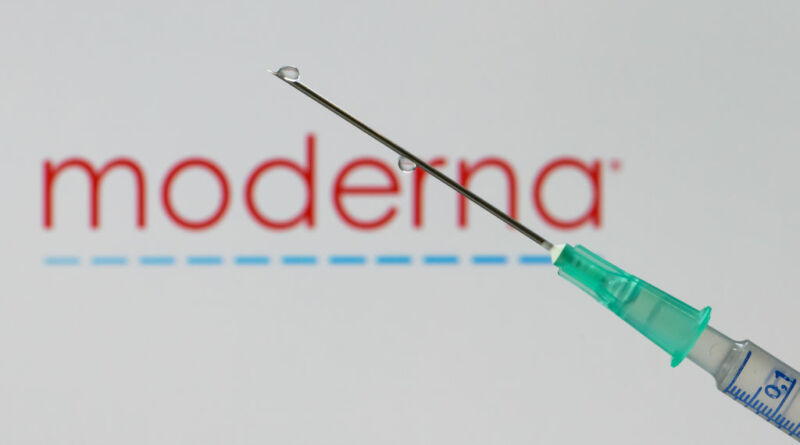
Late Friday, the Food and Drug Administration issued an emergency authorization to a COVID-19 vaccine from a company called Moderna. The move follows an enthusiastic endorsement of the vaccine following an evaluation of clinical trial data by the FDA's Vaccines and Related Biological Products Advisory Committee. Moderna already has millions of doses prepared, and the federal government has pre-issued a large order for more, which will enable more extensive vaccinations than would be possible previously, where the agency had only issued an authorization to the Pfizer/BioNTech vaccine.
The authorization was considered to be a matter of time following the release of safety and efficacy data from a large clinical trial that had enrolled over 30,000 people. Emergency Use Authorizations require that a product or treatment meet a number of criteria, including the declaration of a medical emergency, which was done earlier this year, and the lack of an FDA approved alternative. (FDA approval is distinct from an Emergency Use Authorization, so the authorization of the Pfizer/BioNTech vaccine isn't a barrier to further authorizations.)
Beyond that, the product must be considered likely to be effective, and its potential benefits need to outweigh its potential risks. The votes from the members of the Vaccine Advisory Committee were unanimous that the benefits outweighed the risks, a conclusion that was well supported by the clinical trial data. That cleared the way for Friday's Authorization, which took place on a similar schedule to the authorization of the Pfizer/BioNTech vaccine the week prior.
The Moderna vaccine is based on the same RNA technology used by Pfizer/BioNTech. Provided that the companies don't use the same suppliers for its ingredients, having a second company producing vaccines should ensure more rapid availability. In addition, the US government has committed to a larger purchase of the Moderna vaccine prior to the availability of the clinical trial data. The company has indicated that it already has millions of doses produced; assuming distribution runs along the same lines as with the Pfizer/BioNTech vaccine, people should start receiving doses of the Moderna version on Monday.
That said, it will be many months until the vaccine is widely available. The first doses will be going to health care workers and those considered to be at the highest risk of severe COVID-19.
In terms of preventing COVID-19, the trial data indicated that the Moderna vaccine is over 94 percent effective. Its side effects are typical of all vaccines, and simply indicative of the production of an immune response: soreness at the site of injection, and general fever and fatigue. The authorization cautions against use by those with a history of anaphylactic reactions, and doesn't cover those under 18 years old. It also calls on the company to continue its clinical trial, and gather safety data from those who receive it under the Emergency Use Authorization.
reader comments
130